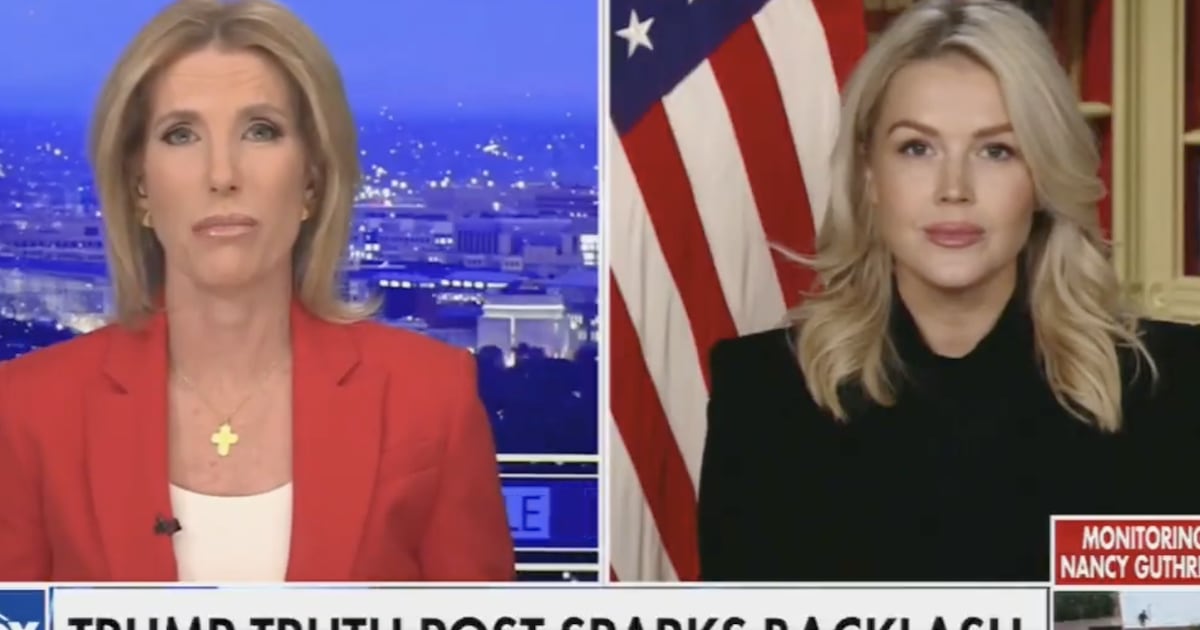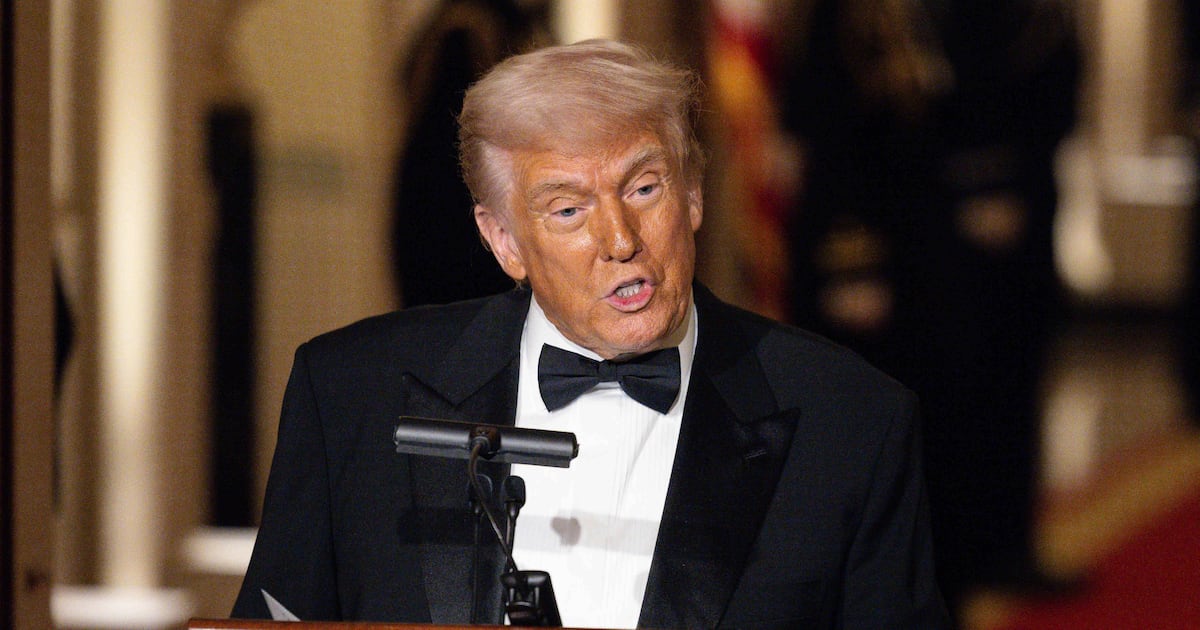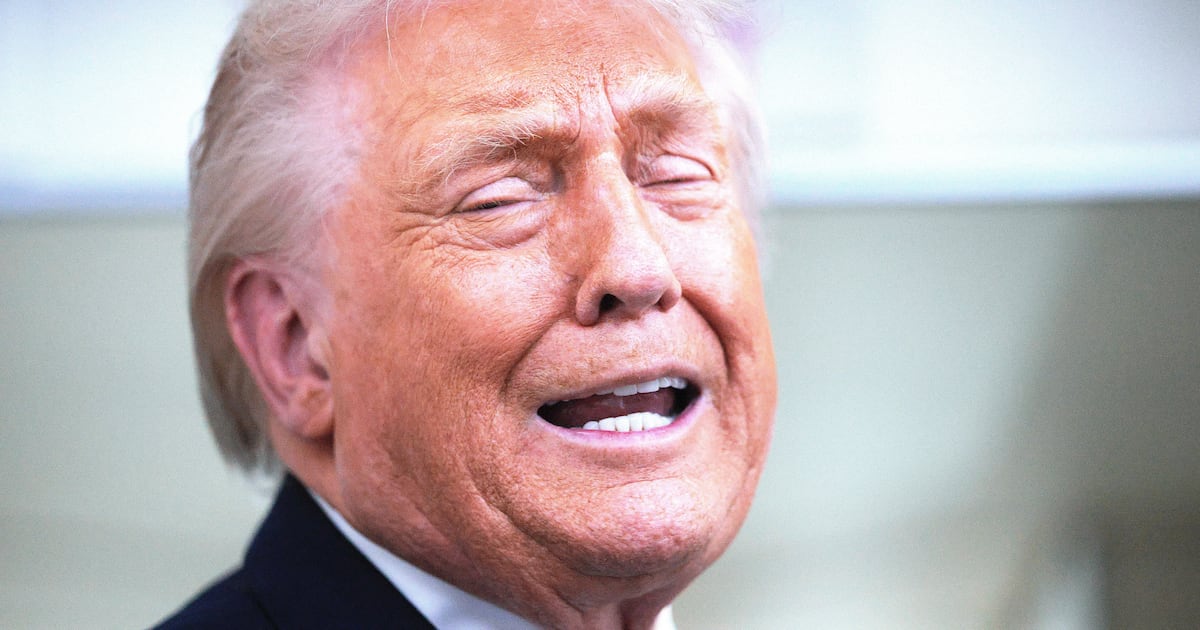Around nine years ago, U Gambira was condemned by the courts of Myanmar’s former junta to more than six decades in jail for offenses associated with free speech and protest activity. This extreme sentence, while lawful, was in truth a punishment for having led the most important protest movement in a generation.
The pro-democracy demonstrations, dubbed the “Saffron Revolution” in the West, were a rare moment of hope in the dark days of Myanmar’s military dictatorship; one that would soon be crushed with extreme brutality.
As the face of this act of rebellion, Gambira would be singled out for particular cruelty once he was in the hands of the state—over the next four years he would be moved from prison to prison, enduring an assortment of tortures at various locations across the country. By his own account, he was most damaged by the months in which he was chained to the floor in solitary confinement and the routine beatings which caused him to suffer from fits.
Not long after Gambira’s arrest, partly in response to its spiking unpopularity, the regime decided it would at last bestow democracy on its captive population, but on its own terms. Within months it finalized its drafting of a long-promised constitution, the provisions of which allowed for a clipped version of civilian rule to be established. However, the document also reserved enormous powers for the armed forces: among them, the right to control the state’s most important ministries—including those that govern the police.
The charter was approved in a rigged referendum in 2008 and followed by a fraudulent general election in 2010 which propelled Thein Sein, a former general, into the presidency.
Shortly afterward, the new leader would begin to release political prisoners in highly publicized general amnesties, a decision that won him plaudits and the lifting of international sanctions. In one such move in 2012, Gambira was pardoned.
Later that year, he would be given a front-row seat at a speech by President Obama, hosted by Yangon University; the former monk’s presence at the event was intended to be a symbol of how far the country had come. Not long after Obama’s departure, however, Gambira was arrested yet again.
At the present time, as Myanmar awaits the inauguration of a new president, Gambira sits in a cell once more. This time, his plight barely noticed by the global press, he has come to symbolize how little some things have changed in the “world’s newest democracy.”
The authorities have accused the former monk of entering the country from Thailand illegally, an allegation that even police representatives have admitted they have seen no evidence for. The relevant law, an “emergency” edict dating from 1947, carries with it a maximum sentence of five years; Amnesty International has called the charges “contrived, arbitrary and politically motivated.” (PDF)
Gambira has never fully recovered from the trauma of his torture. While he is sustained by his Buddhist faith, his mental state is nonetheless extremely fragile; his partner, Marie Siochana, told me recently that he has been diagnosed with schizophrenia. A trauma specialist who treated him in Thailand has expressed the view that his “imprisonment will have retraumatized Gambira and he will have already experienced unbearable amounts of psychological suffering since being arrested.”
Rights groups believe Gambira has been targeted because of his past. Phil Robertson, deputy Asia director for Human Rights Watch, told The Daily Beast that he sees the former monk’s arrest as “politically motivated payback for the years of his activism against the past military governments of [Myanmar].”
“I’m sure the authorities know that Gambira has a mental disability from his years of detention in Burma for which he was treated while in Thailand, and now that they have him again in their clutches, they are making him suffer,” he added.
Gambira has been repeatedly denied bail; he is due to be sentenced this week.
If he is condemned to another jail term, his name will be added to a long list of prisoners of conscience unjustly sentenced by the courts. Campaigners have documented hundreds of such cases, many of them added to the list after amnesties had temporarily reduced their numbers. Among those incarcerated are human-rights activists, anti-land confiscation campaigners, journalists, and students, some of whom have reportedly been tortured.
Their arrests have taken place against a backdrop of even more serious rights abuses: since the advent of reform, reporters have been murdered with impunity, millions of Muslims disenfranchised, with others subjected to crimes against humanity in Rakhine state on the west coast of the country (PDF). In addition to this, the military have allegedly committed war crimes against ethnic rebels and civilians alike in the northeast.
With such abuses taking place one would expect the West, having been such a fierce critic of the former regime, to do something meaningful to halt them. Not so. While statements of concern are frequently issued from diplomats and embassies, meaningful pressure has been in short supply.
Such complacency has been consequential, Laura Haigh, Amnesty International’s Myanmar researcher, told me last week. “There has been a marked increase in repression over the past years as international pressure on human rights has subsided,” she observed.
Western laxity may endanger further reform. The issue of political prisoners is a case in point: While the victorious opposition party, the National League for Democracy (NLD), has pledged to make their release a priority, it will be largely powerless to stop the accumulation of fresh detainees.
With a raft of unamended junta-era laws still in place, enforced by a judiciary known for its corruption and links to the military, one should expect more political prisoners in the NLD era. In the event that the party attempts to change repressive laws favored by the security forces, they would likely be locked in a struggle that could destabilize the country; the military retain ultimate leverage over Parliament given that they dominate the National Defense and Security Council, which can suspend democracy in times of “national emergency.”
This is where Western, particularly American, pressure can play a key role: Unlike the European Union, the U.S. still maintains some sanctions against parts of the old guard; threats to the financial interests of retired and serving generals will be taken very seriously. The military will act only if feels it is in own interests; diplomatic statements mean very little to them.
But Washington has largely opted not to bolster rights. This approach seems to be rooted in its desire to maintain good relations with both the deep state and civilian government of strategically important, China-bordering Myanmar (PDF). With the country a key prize in the U.S. continuing struggle for influence in Southeast Asia, Washington evidently does not feel that challenging the brazen activities of the military, and the agencies it governs, is a priority.
Yet if there is to be more reform the army has to be pressured, not appeased. At the present time, interested parties have a unique opportunity to signal their intent to stand up for human rights at this critical juncture in Myanmar’s history. A stronger stance, though likely to elicit a firm response from Myanmar’s hardline military men, would set the tone for a new relationship.
While Myanmar has undergone remarkable change, people like Gambira should not be abandoned in the name of pragmatism. Human rights matter most in those circumstances where they are hardest to defend.






